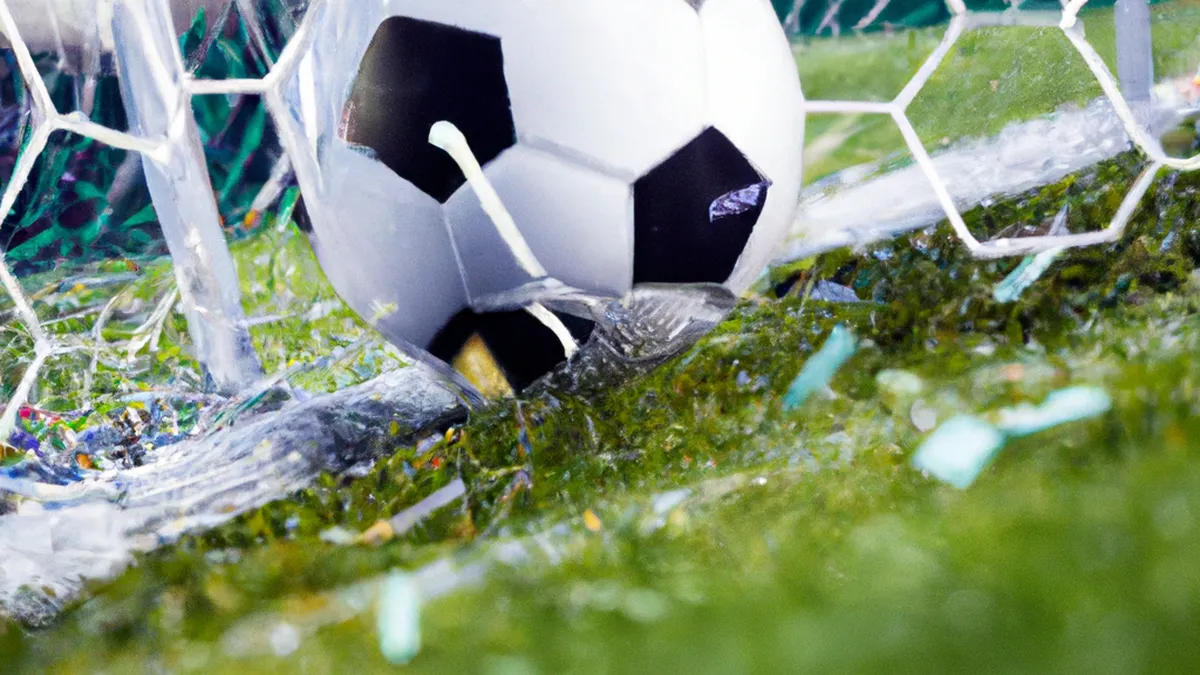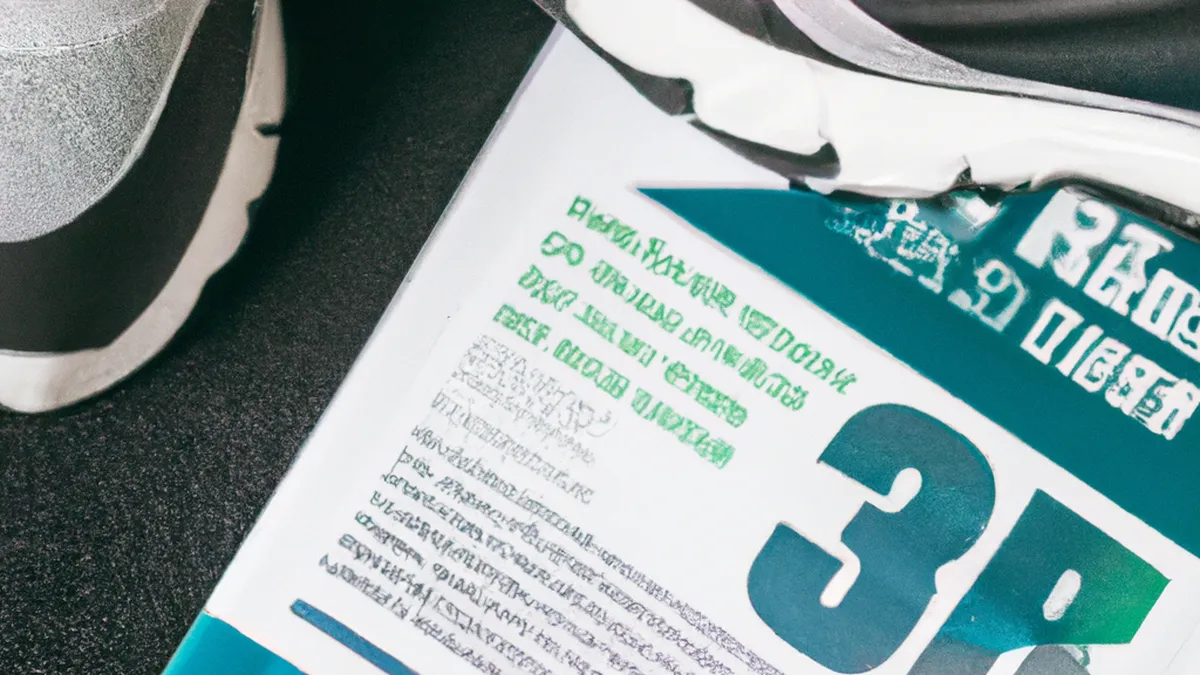Late-Night Training? Power Up with Caffeine
Caffeine’s Role in Night PerformanceCaffeine stimulates alertness, cognitive function, and overall performance. Busy lifestyles often push individuals to work or study late at night. This post explores caffeine’s influence on night performance, the science behind its effects, and practical tips for maximizing benefits.
Understanding Caffeine’s Mechanism
Caffeine blocks adenosine receptors in the brain. Adenosine promotes sleep and relaxation, accumulating throughout the day. As adenosine levels rise, we feel tired and crave sleep. Caffeine competes with adenosine for binding sites, reducing fatigue and increasing alertness.Caffeine also boosts dopamine levels in the brain. Dopamine enhances pleasure and reward, improving mood and motivation. This combination can significantly enhance cognitive performance, especially during late-night study sessions, work, or sports competitions.
The Science Behind Night Performance
As an Amazon Associate I earn from qualifying purchases.
Gear tip: consider cooling pillow, sleep mask, and white noise machine to support this topic.
Research shows caffeine enhances cognitive functions like attention, reaction time, and memory. A study in *Psychopharmacology* found caffeine improves performance on tasks requiring sustained attention and vigilance. This effect benefits night-time productivity when fatigue levels are high.Caffeine positively impacts physical performance as well. A review in the *Journal of Sports Medicine* highlighted that caffeine improves endurance and reduces perceived exertion during exercise. This is advantageous for athletes training or competing in the evening.
Tips for Using Caffeine at Night
1. **Timing is Key** Consume caffeine 30–60 minutes before performing. This timing lets your body absorb caffeine for optimal effects. Avoid caffeine close to bedtime to prevent sleep disruption.2. **Choose the Right Source** Different caffeine sources vary in content. Coffee typically offers more caffeine per ounce than tea or energy drinks. For a slower release, consider green tea or yerba mate, which also provide antioxidants.3. **Monitor Your Intake** While caffeine enhances performance, excessive consumption can cause jitters, anxiety, and insomnia. Keep track of your caffeine intake for optimal results.
Conclusion
Caffeine significantly enhances night performance. Understanding its mechanism and effects can help individuals maximize their productivity during late hours.
Below are related products based on this post:
FAQ
How does caffeine affect alertness and cognitive function?
Caffeine stimulates alertness by blocking adenosine receptors in the brain, which promotes sleep and relaxation. This leads to reduced feelings of fatigue and increased cognitive performance, especially during late-night activities.
What are the benefits of caffeine for physical performance?
Caffeine positively impacts physical performance by improving endurance and reducing perceived exertion during exercise. This is particularly beneficial for athletes training or competing in the evening.
What are some tips for using caffeine effectively at night?
To maximize caffeine’s benefits, consume it 30–60 minutes before performing and choose sources like coffee or green tea. It’s also important to monitor your intake to avoid negative effects such as jitters or insomnia.















Post Comment